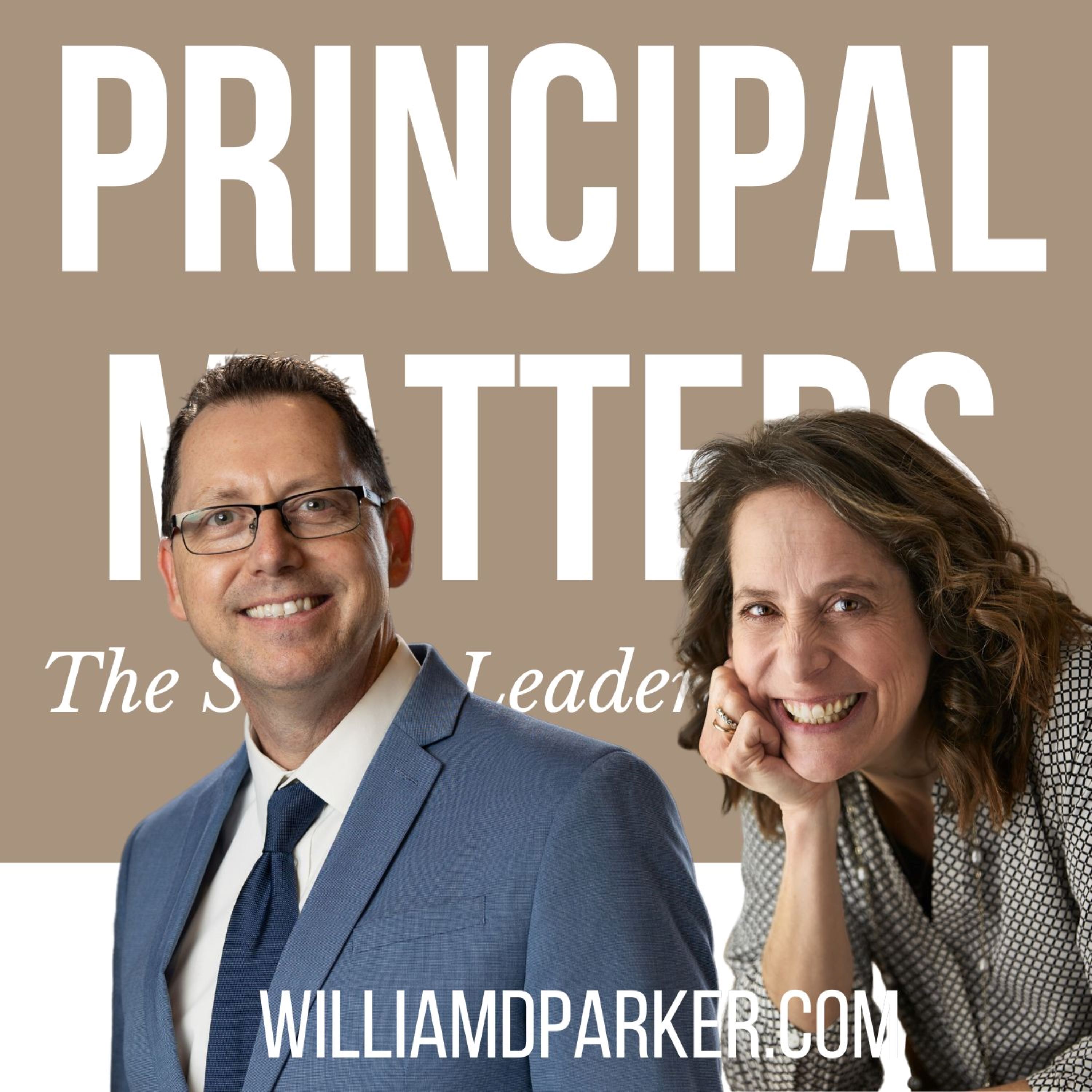PMP199: Panel Discussion on Equity & Racism, Part 2
Description
Last week, my guests William Stubbs, Marlena Gross-Taylor, and Don Parker shared feedback on their personal and professional reflections around equity, racism, and inequalities.
Panelists share powerful feedback on equity and racism. See YouTube version here.
They each gave suggestions to help you decide how to respond in your own school community. In Part 2 of this discussion, they dive even deeper as they share several strategies, examples, and resources.
Meet the Panelists:
Marlena Gross-Taylor is the founder of Edugladiators.com, and provides education consulting and publishing services across the U.S. She serves as the Chief Academic Officer for Douglas County School District in Denver.
William Stubbs is the Middle School Managing Director at UpLift Education in Dallas, Texas. He is a former Instructional Leadership Director, K-12 Principal, Dean of Students and Upper School Literature Teacher. He is also a co-moderator for the Twitter chat #BMEsTalk, each Tuesday night at 8PM Central Standard Time.
Dr. Don Parker is a highly sought-after speaker and professional development provider. He is the principal of Posen Intermediate School in Posen, Illinois, just outside of Chicago. He is also the author of the new book, Building Bridges: Engaging Students at Risk Through the Power of Relationships with Solution Tree Press.
Discussions on Equity and Racism
In this episode, we discuss three additional questions with summary responses below:
What advice would you give to school leaders who are trying to reconcile the tension of leading as “neutral authority” while also leading with courage?
William:
* Leadership is not for the faint at heart. Your core values and mission must align with calling out injustice and inequities when you see them. First, make sure of your own awareness of implicit bias and power structures. Being prepared begins with being a learner yourself. Your public and private beliefs and practices must align. That begins with family and friendships. When you’re having these discussions there first, you’ve exercised the muscles you’ll need for leading public conversations. Next, create safe places by relying on others who are experts in social justice discussions.
Marlena:
* First, let’s call a spade a spade. Most leaders try to lead through appeasement. But compromising on your values means losing who you really are. There is no space to be neutral when it comes to racism and inequality. Be strong enough to say where you stand. Doing what is right for students always places you on the right side of a conversation. Make sure you are educating yourself in the literature and research. But this also includes having a leadership coach who can help you navigate organizational and situational roadmaps.
Don:
Being a leader is tough and having these conversations is challenging. Without challenge there is no change. Comfort and growth do not live in the same space. Yes, teachers have initiative fatigue, but cultural competency is not going away.
More Episodes
Dr. Tameka D. Hyland is a transformative educational leader. As principal of Sherman Avenue Elementary, she and her team raised its grade from D to C and scored the second highest reading scores in Mississippi within two years. As the executive principal at Vicksburg High School, her team not...
Published 04/24/24
Hi, Friends. William D. Parker here. As you listen to this week’s show, you’re going to hear a powerful conversation Dr. Jen Schwanke has interviewing author and educator Kim Strobel. Kim Strobel is a motivational powerhouse, inspiring lives and organizations as a keynote speaker, leadership...
Published 04/17/24
Published 04/17/24


